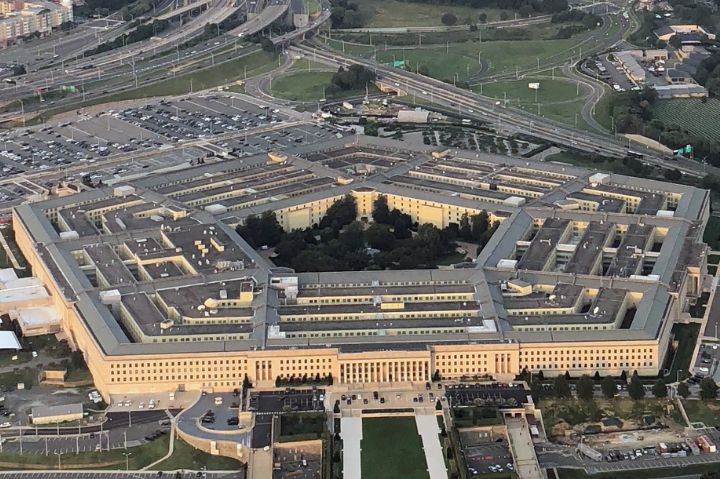The Pentagon has made it clear that the United States will not impose new restrictions on Ukraine’s use of American weapons, even as North Korean troops reportedly mobilize to support Russian forces near Ukraine’s border. This policy decision comes amid heightened concern over North Korea’s expanding role, with 10,000 North Korean soldiers now reported to be stationed in Russia’s Kursk Oblast, according to Pentagon spokesperson Sabrina Singh. The shift marks a bold stance by Washington as North Korea, long an isolated ally of Russia, deploys forces in one of the conflict’s most intense regions.
The Pentagon’s statement follows NATO’s confirmation that North Korean troops are being positioned to aid Russia in combat near Kursk, a region already pressured by Ukrainian offensives. President Joe Biden called North Korea’s direct involvement “a very dangerous” development, underscoring the potential for the conflict to draw in even more global actors. Despite the U.S.’s longstanding prohibition on Ukraine using American-made weapons for strikes deep into Russian territory, Washington’s recent stance reflects its commitment to supporting Ukraine in the face of mounting threats from Russia’s alliances.
Reports indicate that North Korea’s troop presence includes a specialized force of 500 officers and three generals, marking a significant commitment from Pyongyang. The revelation comes after months of speculation, which both Russia and North Korea initially dismissed but have since responded to with evasive statements as evidence mounted. Ukrainian military intelligence suggests North Korean soldiers could begin entering combat zones as early as October 27, adding a dangerous layer to the already volatile conflict.
In response, the U.S. has committed to supporting Ukraine’s domestic production of long-range capabilities, with an aid package of up to $800 million announced last week. This assistance will likely bolster Ukraine’s ability to defend against the newly augmented Russian front, particularly as North Korean involvement escalates regional stakes.
With North Korea now an active player, Washington’s commitment sends a resolute message: Ukraine will have U.S. support in defending its sovereignty, and American weapons will remain at its disposal, unrestricted by new conditions, as long as Russia continues to draw on foreign alliances. The Pentagon’s stance signals to Russia and its allies that the West’s commitment to Ukraine is unwavering, no matter the adversaries drawn into the fight.












